Marty Reed Upholds Duty and Honor in "The Survivalist"
Marty Reed in James McKane's "The Survivalist" shows how strength, duty, and quiet resolve can restore meaning in a broken world where leadership and honor are in short supply.
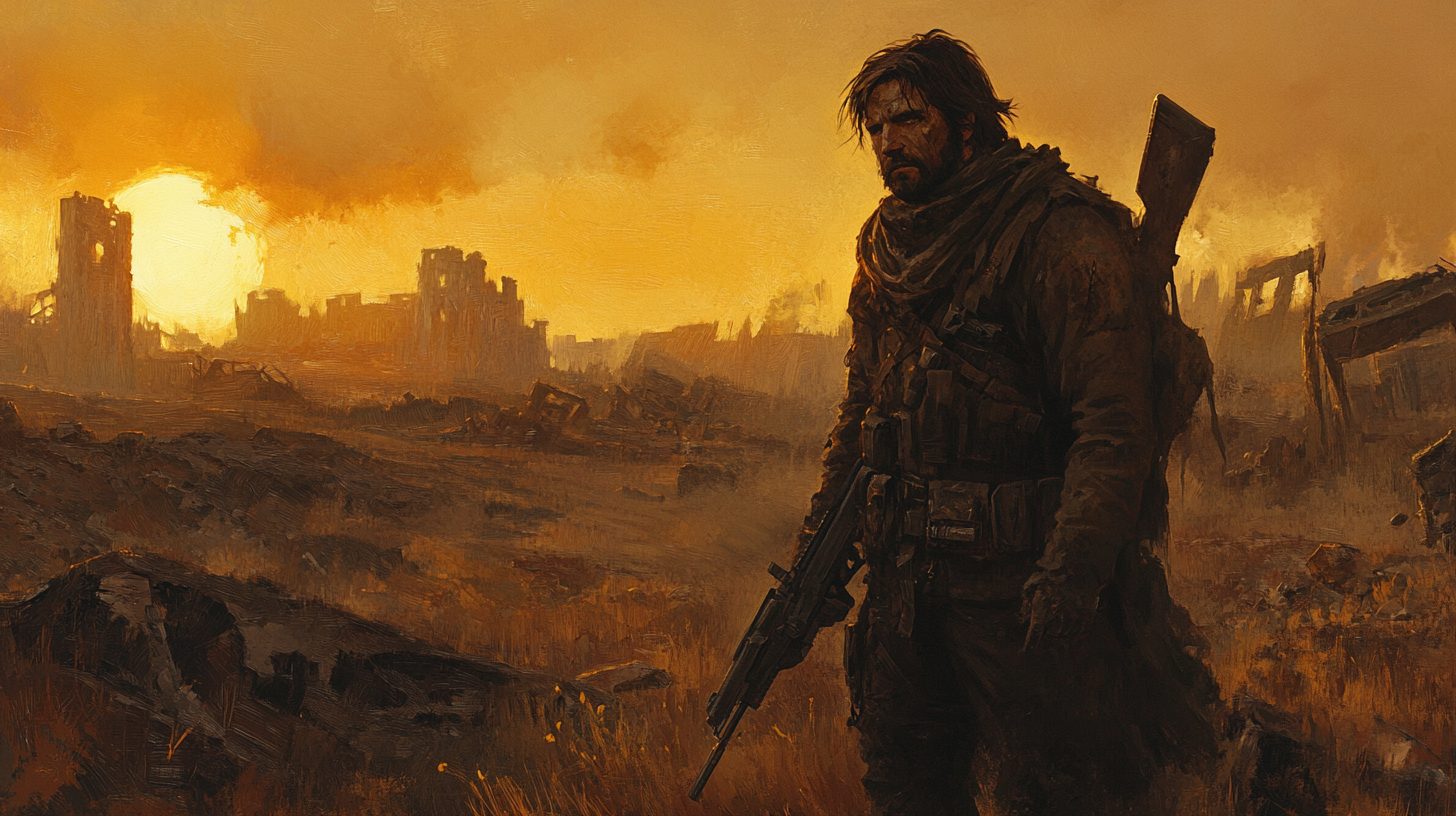
The Man in the Ruins
James McKane's "The Survivalist" begins with the world going dark. An electromagnetic pulse hits without warning, and the fragile web of modern life is torn apart. Cities fall, order vanishes, and fear takes over.
In the middle of this chaos, Marty Reed does not flinch. Where others panic, he acts. He relies on his training, his discipline, and a sense of duty that no disaster can erase.
Reed is not the sort of man shaped by the collapse. He was forged long before it—through hard work, self-reliance, and a quiet belief in doing what's right. The end of the world only reveals what was already there.
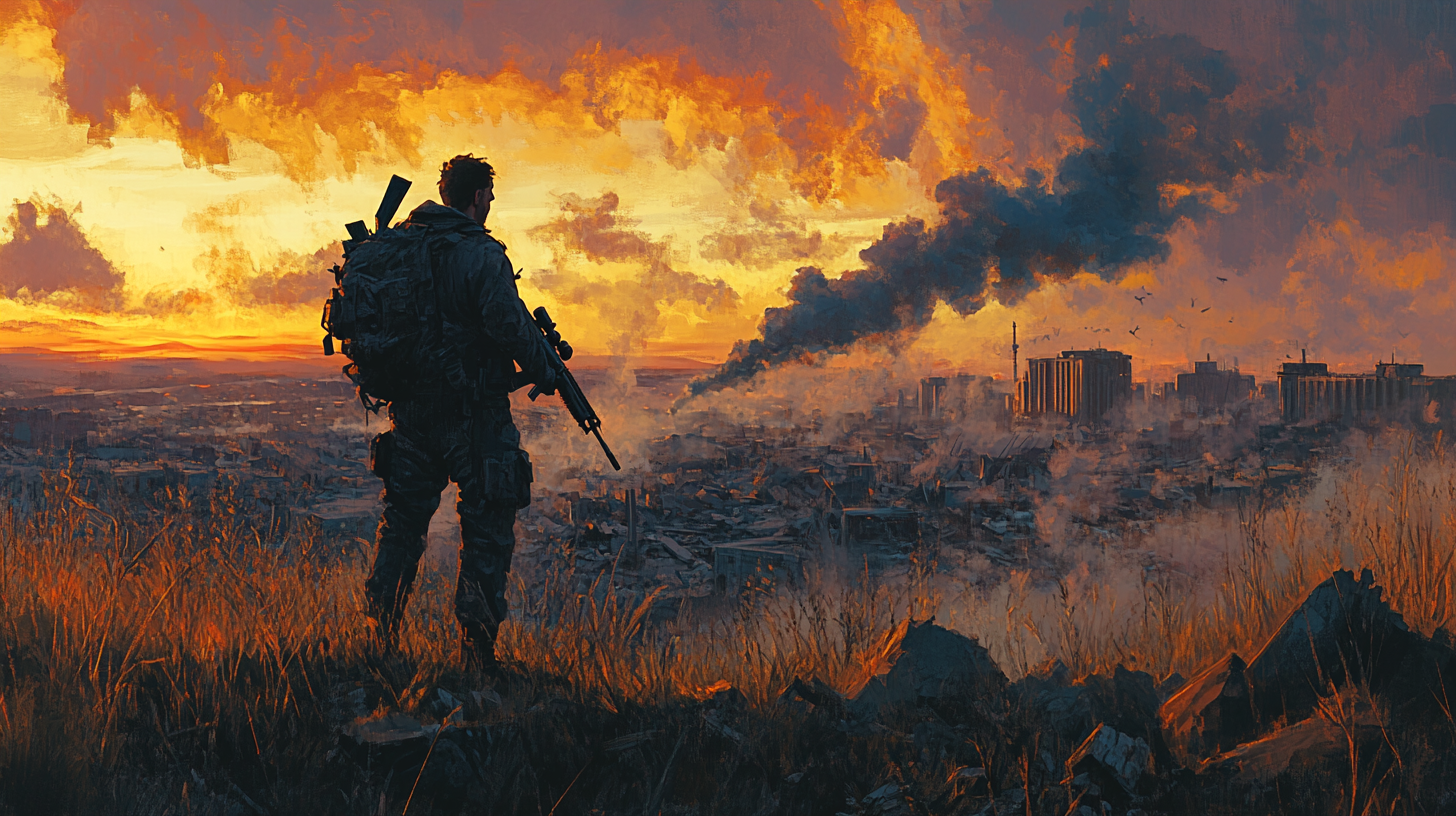
He doesn't look for someone to blame. He doesn't waste breath on despair. His focus is on the task at hand—protect, build, and endure.
The world around him descends into violence and disorder. But Reed holds steady, like bedrock beneath shifting sand. He does not try to be a hero, but that is what he becomes.
He never asks for permission. He simply does what a man ought to do. And in doing so, he reminds us that in the ruins of a broken world, strength still has meaning.
A World Begging for Leadership
When the pulse struck, it wasn't just machines that failed. The social machinery collapsed just as quickly. People waited for answers that never came.
Within days, food ran out. Law enforcement vanished. The weak clung to hope. The strong often turned cruel. Fear spread faster than hunger.
Marty Reed didn't wait for someone to take charge. He already knew no one was coming. He moved with clarity while others froze in disbelief.
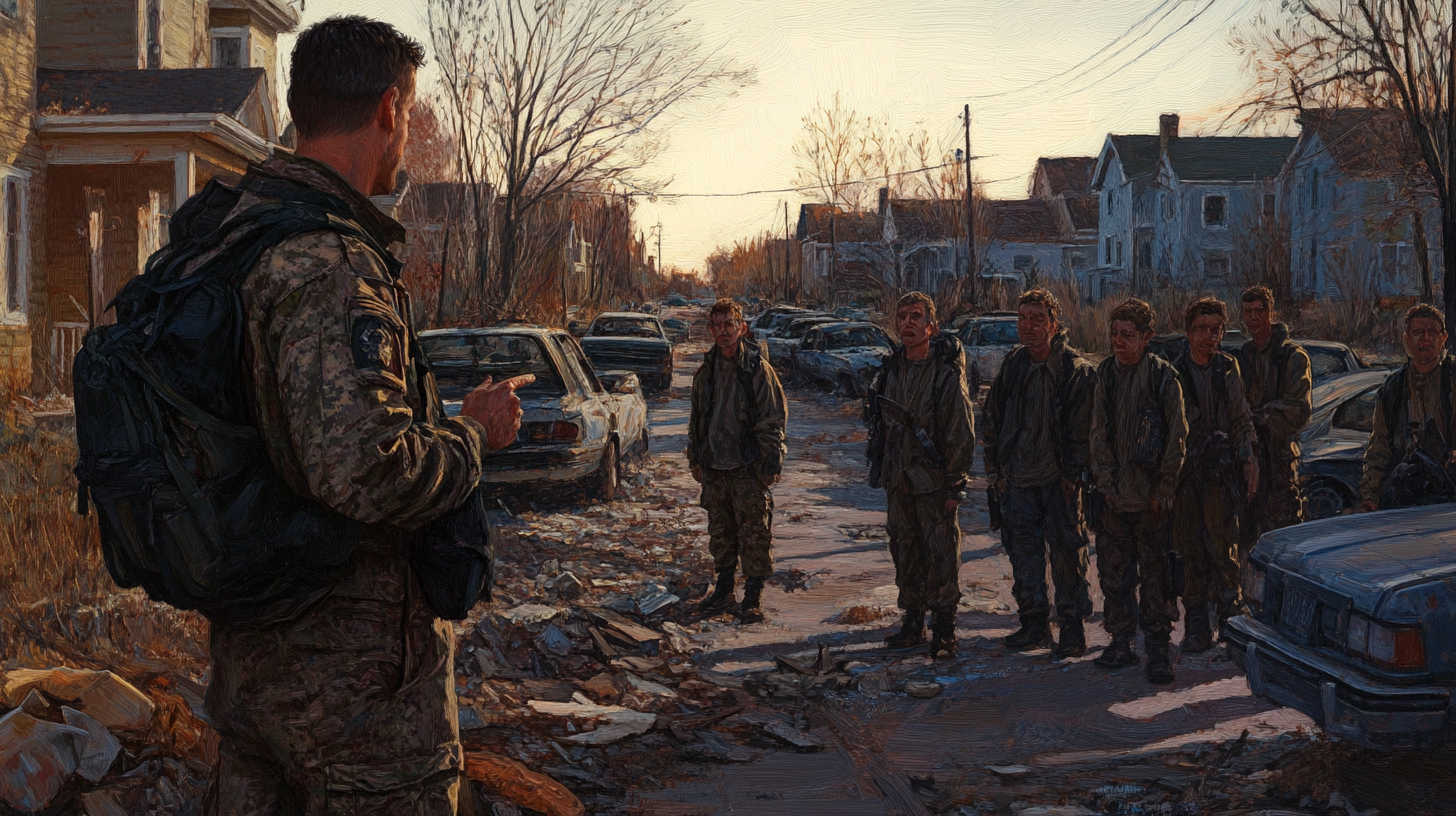
McKane draws a sharp line between Reed and the rest. Most are caught off guard. Reed is ready because he never trusted the idea that comfort was permanent.
He doesn't see neighbors. He sees survivors, some honest, some not. He treats both with caution and fairness, but never softness. His judgment is clear-eyed.
When a man steps up to lead in chaos, he invites challenge. Reed doesn't raise his voice or make speeches. He simply takes responsibility and acts. Others follow because his results speak louder than any command.
There's no glory in his work. He guards supply caches, secures perimeter lines, and organizes watch shifts. It's unglamorous but necessary. That is what leadership looks like when the lights go out.
McKane shows us that civilization is not held up by systems alone. It also needs men who carry a sense of order in their bones. In Reed, we see what happens when one of those men refuses to quit.
The Virtue of Duty Without Applause
In "The Survivalist," Marty Reed doesn't talk about duty. He lives it. His actions are quiet, deliberate, and often unnoticed by those he protects.
Reed doesn't do what's right because someone's watching. He does it because it needs to be done. That's the measure of his character.
He shares supplies with those who can't repay him. He takes risks others avoid. He doesn't expect gratitude, and he rarely gets it.
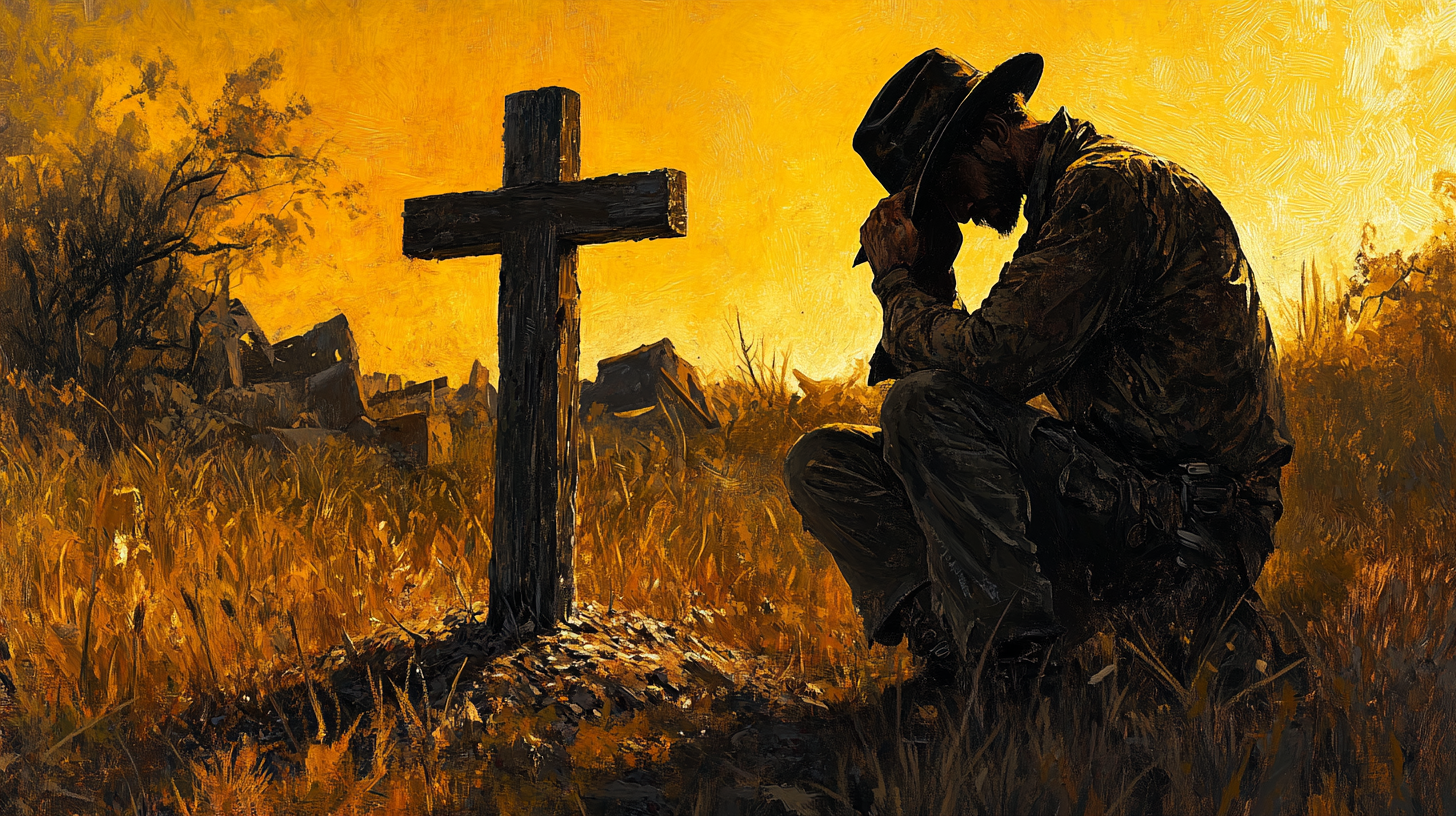
Duty, for Reed, is not a banner or a speech. It's found in small decisions—choosing to stand guard through the night, fixing what others abandoned, offering help with no promise of return. These choices define him.
McKane never paints Reed as perfect. He gets angry. He makes mistakes. But he owns them, and he never looks for someone else to carry the weight.
Reed's code is simple, but unyielding. Protect the innocent. Punish the wicked. Keep your word. It's the kind of moral clarity that once filled westerns and war stories, but has grown rare in today's fiction.
There are no medals in Reed's world. No newspapers to print his name. Yet he holds the line every day because that's what a man is supposed to do.
When another man falters, Reed picks up the slack. When a woman weeps for her lost child, he helps her bury the dead and build again. These moments, quiet and heavy, show what McKane is really writing about.
It isn't just survival. It's character. And in Reed, we see a man whose strength comes from within.
Strength Without Cynicism
Marty Reed operates alone more often than not. This isn't because he dislikes people. It's because he understands that depending on others in the wrong moment can be deadly.
His solitude isn't bitterness. It's strategy. He keeps his circle tight, but his heart steady. He watches every stranger and weighs every word.
McKane doesn't write Reed as a misanthrope. Reed wants to trust others. But he's seen what desperation can do to a man. That doesn't make him cold. It makes him careful.
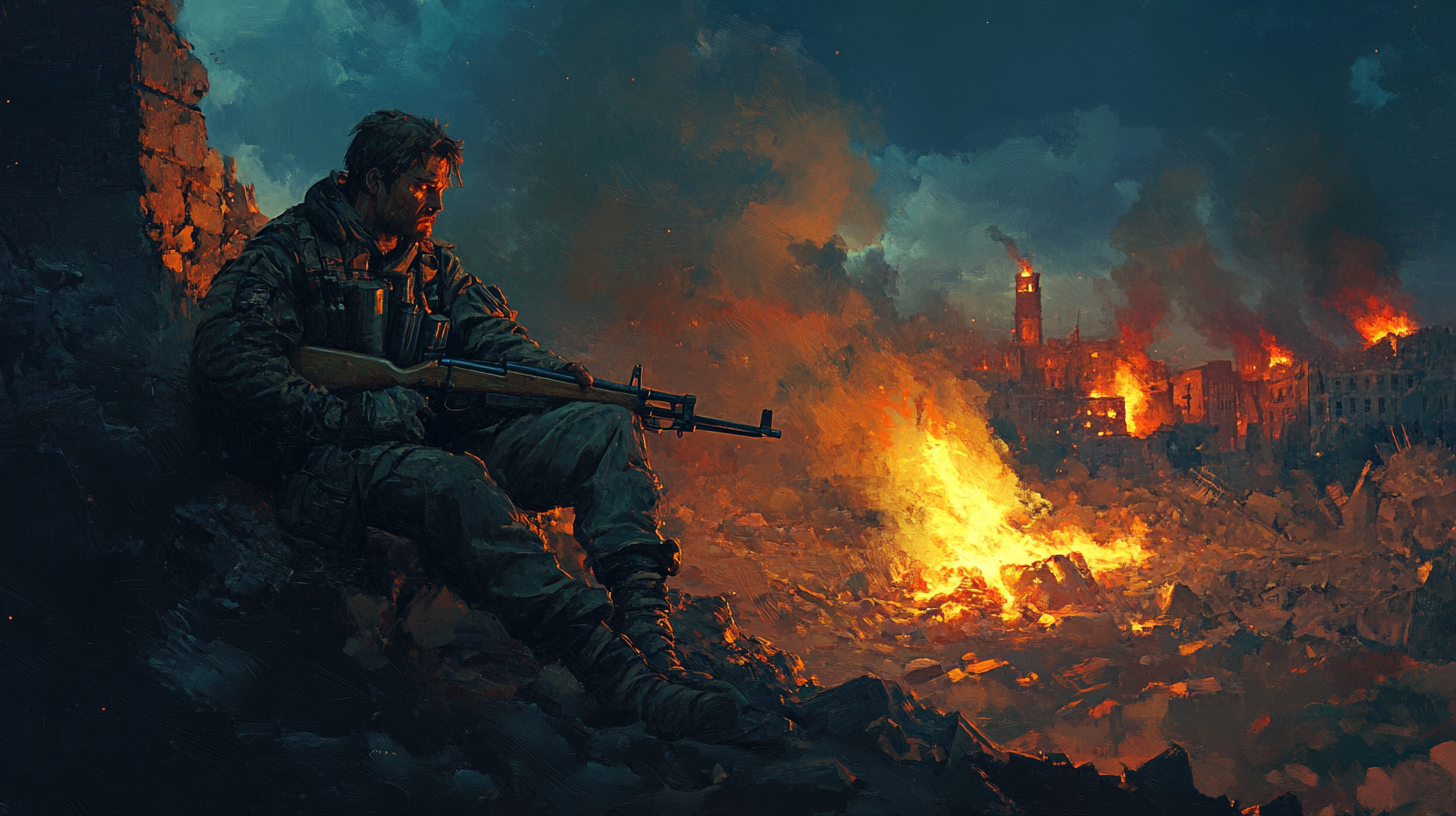
When Reed finds honest people, he doesn't shut them out. He helps where he can. He listens. He teaches. But he never lets his guard down completely. He knows better.
The strength McKane gives Reed isn't brute force. It's control. Control over emotion, impulse, and fear. Reed doesn't lash out or crumble. He endures. That's what sets him apart.
Modern fiction often mocks this kind of man. The quiet, capable loner is called outdated or toxic. But in "The Survivalist," he's exactly the kind of man the world needs most. Reed doesn't apologize for being strong. He accepts the burden of it.
He carries the weight others won't. He walks into danger without flinching. And when others talk about rebuilding, he's already swinging a hammer.
Reed's example reminds us that masculinity isn't the problem in a broken world—it's the answer. Not the cartoon version, but the real kind. The kind that keeps promises, guards the innocent, and fights when fighting is the only option.
In a world gone mad, cynicism is easy. But Reed never gives in to it. His shield is duty. His armor is character. And though he often walks alone, his presence gives others the courage to stand.
Building Honor from the Ashes
Marty Reed is more than a survivor. He is a builder. Not just of walls and shelters, but of something far harder to shape—order, decency, and purpose.
In "The Survivalist," James McKane strips the world of all its conveniences. The collapse leaves behind the essential question: what kind of man remains when everything else is gone? For Reed, the answer is simple. The same man he was before—steady, resolved, and unwilling to compromise what matters.
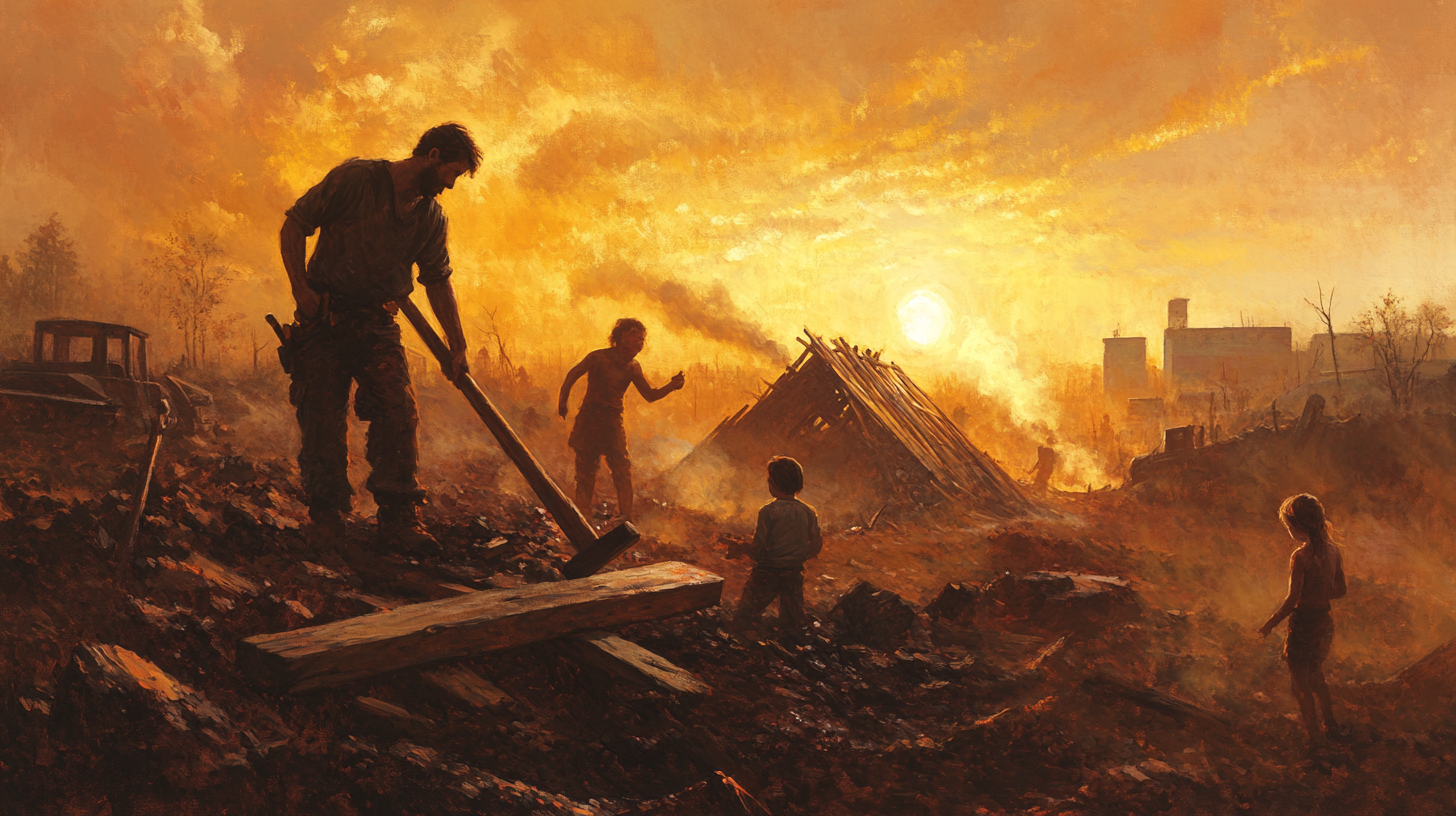
Reed doesn't rise to the occasion because the occasion demands it. He rises because that's who he is. The strength was always there. The collapse only revealed it.
This is not a fantasy of lone heroism. It's a reminder of old truths. That a man can be both tough and just. That leadership doesn't require a title. That when duty is chosen freely, it shapes a man into something unbreakable.
Reed doesn't seek followers, but he earns them. He doesn't preach values, but he lives them. In a shattered country, he gives others something rare—an example worth following.
McKane offers a quiet tribute to an older ideal. A man who doesn't bend to chaos, but pushes back. A man who still believes in right and wrong, and proves it with action, not words.
That's the true legacy of Marty Reed. Not survival. Honor.

